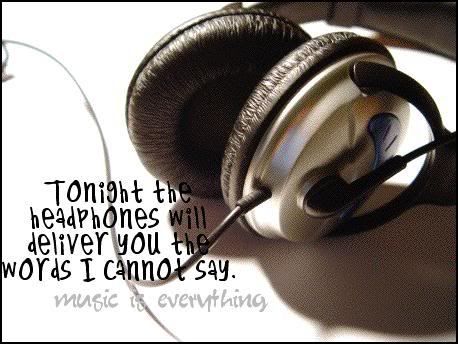
crazy talk on doubles
I'm crawling back to be comforted by music because I don't want to face raw facts, I'm running away.
But, it's left a lot of that music type thinking going on in my brain. So thus, here's my brain going loco;;
It's struck me that scales, in particular double stops, are a lot like friendships.
Now I know some people don't like their scales, and even worse their double stops because it takes so damn long to get the overtones in place, but personally I don't have anything against them.
I really like thirds.
You can hear all the subtle shifts that goes on underneath playing one single line. It's like that river analogy that everyone uses these days. It looks like a calm flowing river, but underneath, there's rough, adaptable turbulence struggling with each other, loping above and below each other.
And thirds are warm, they warm the heart. Like that first sip of hot chocolate and marshmallows on a frosty cold winter. It spreads through your body and ends with lining the bottom of your heart comfortably.
Thirds have such an incredibly rich resonate tone on a violin.
I love looking at notes on a page. To me, they look like little children all sitting in their spot in the world, waiting to play with each other. Ready to giggle and laugh and jump over each other, and it's up to you as a musician to bring them to life.
So I see thirds. Little buggers they are, sitting close, but apart on the stave. Just a third apart they sit, but comfortably together. And when you play them, they resonate together and resonate well.
Thirds are like the warmth of friendships, where you meet someone and you think, "You know what... they just mightn't be that bad."
You find you have something in common with them, you sit on the same page, and find that "Oh hey!" they're right below you on that stave.
And you sound well together, it's comfortable and after a bit of adjusting, you find that your overtones fit quite nicely together thankyou very much.
Sixths are the maturing stage of the friendship. Sixths sound a bit more complex than thirds, involve a bit more thinking and adjusting. On a stave, they are further apart, and look like they have no relationship to each other at all, but lo' and behold, they're right next to each other on the violin fingerboard.
Sixths represent the stage in a friendship where you realise the differences. Be it that something has arisen, or you are starting to know each other better, it has come to your attention that oh, there are differences. And all of a sudden, there's a massive gap in the stave.
In sixths, you have two notes, quite far apart. If you think about it in parallel fifths, then one note is slightly higher.
Playing them on a violin means tuning it to the bottom note. The bottom note rings deeply like a large ancient tolling bell, and the top note sits nicely and delicately afloat, like icing on a cake or snow that has fallen on that old bell.
In friendship, it's like two friends in times of need. One is the support, lying low and stable, and the other can only ring well with the support from the lower note. Their fate has been intertwined, the notes irrevocably linked, and neither will sound to their full potential without the other.
Octaves are the most difficult double stops to play. I hate how simple they are on piano. Instead on violin, it's a long torture session of stretched fingers, headaches and imperfect sounds. Octaves have to be so precise. They don't allow any room for error.
Octave notes are so far apart from each other, they could almost be two stranger notes. It's when you realise that you and your friend aren't exactly the same as you once thought, that you are indeed two different people.
Two notes that are seemingly unrelated, yet when played together, ring perfectly in unison as one.
Hell yeah have I gone mad.
�old
�profile
�notes
� �design
�host